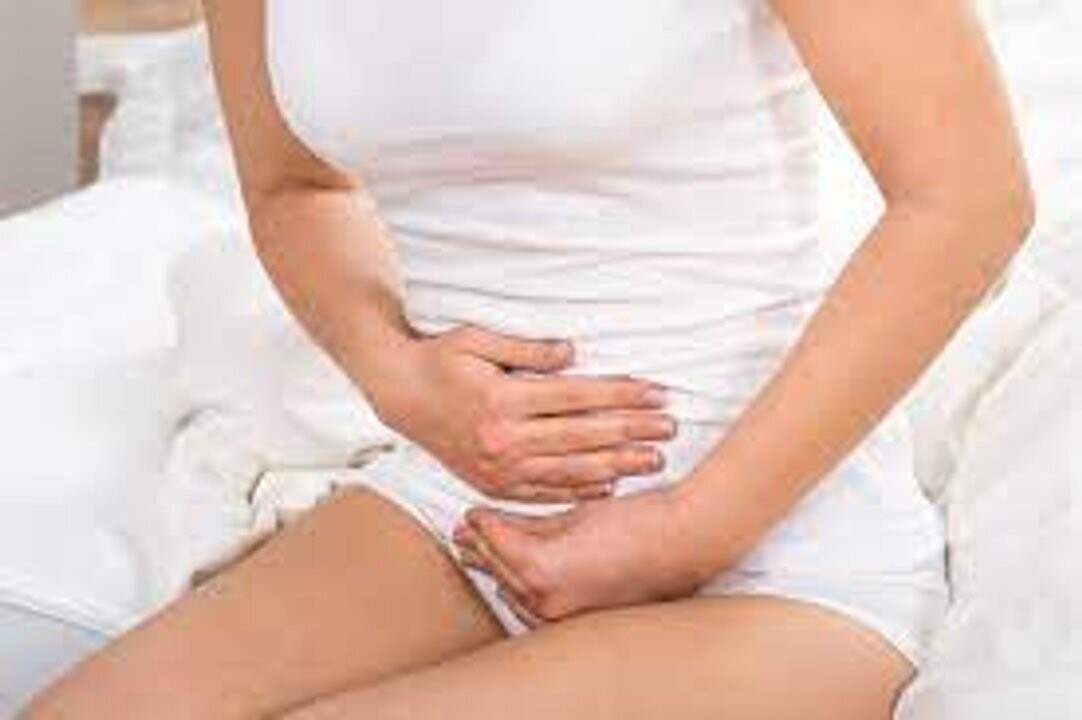
According to Paula Grinstein, a urologist at the Argentine Urology Center (CAU), urinary incontinence can present in different forms, with the most common being stress incontinence and urge incontinence. The former occurs during activities that increase pressure on the bladder, such as coughing or lifting heavy objects, while the latter is characterized by a sudden and uncontrollable urge to urinate. It is important to note that urinary incontinence can be a symptom of an underlying condition that requires immediate treatment.
Awareness and knowledge about this issue are fundamental to changing the perception surrounding it. Many people do not seek medical help for treating urinary incontinence due to lack of information, normalization of the problem, and associated shame. Despite its high prevalence, it is estimated that only 3 out of 10 patients consult a specialist for treatment.
On the occasion of International Urinary Incontinence Day, specialists at CAU emphasize the importance of addressing this disorder, which causes involuntary loss of urine. Maria Belén Maza, another urologist at CAU specialized in Incontinence, highlights that this condition has solutions and should not be considered inevitable with age. Norberto Bernardo, Director of CAU and an expert in Urology, adds that treatment varies according to the severity of the case and includes options such as bladder retraining and nerve stimulation to improve the response of the urinary system.
Urinary incontinence can significantly affect the quality of life of individuals and increase the risk of complications, especially in older adults. It is crucial to speak openly with a doctor about this issue, as ignoring it can limit social life and cause injuries. In addition to stress and urge incontinence, there are other forms such as overflow incontinence and functional incontinence, each with its own characteristics and challenges.
Factors such as pregnancy and hormonal changes can increase the risk of incontinence in women, while in men, age, prostate issues, or previous surgeries are usually the main causes. Although urinary incontinence may worsen after menopause, it is important to remember that it can occur at any age and that early diagnosis significantly improves treatment outcomes.
From CAU, it is recommended to see a urologist at any symptom of urinary incontinence. In the early stages, it is possible to strengthen the pelvic floor muscles with specific exercises and rehabilitation therapies. In more advanced cases, medications or surgical procedures, such as the placement of supportive meshes for the bladder, can be considered. Each case is unique and treatment should be tailored to the individual needs to achieve effective improvement.














